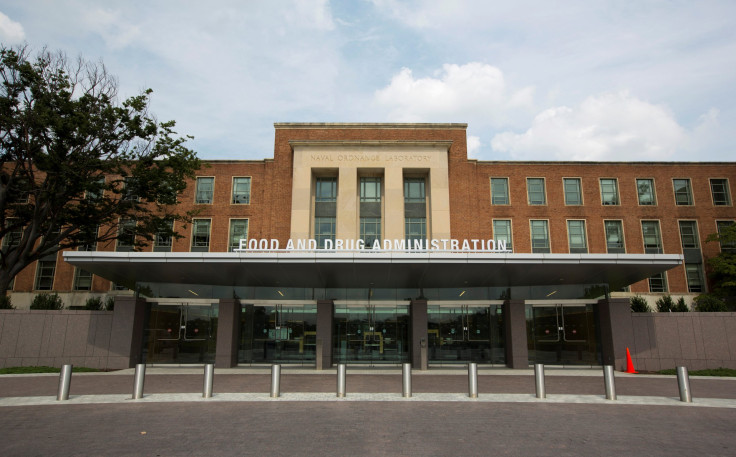New Pfizer Data Shows Positive Results Days Before Biden's Booster Plan Starts
New data from vaccine manufacturer Pfizer-BioNTech on COVID booster shots was shared by the Food and Drug Administration (FDA) on Wednesday and showed that a third shot raised immunity against the virus.
The announcement arrives ahead of President Joe Biden's targeted launch date for national booster shots to begin on Sept. 20, a strategy which he announced in a bid to lower infections nationwide.
Pfizer’s research shows that a third booster shot received six to 12 months after a second dose increased a person’s resilience against the virus.
Pfizer asked that the FDA approve booster doses of its vaccine in late August by submitting an application and data. In August, both Moderna and Pfizer received authorization to provide booster shots to those with compromised immune systems.
Approval for Pfizer booster shots still has to traverse a bureaucratic approval process before it can be used.
The FDA’s independent advisory committee (VRBPAC) is set to convene to review and discuss the latest data on Friday. Even if VRBPAC adopts a decision, it is non-binding and would still require an amendment to the current vaccine authorization it received on Aug. 23.
Afterward, the Centers for Disease Control and Prevention's (CDC) own advisory panel would have to weigh in on who would get first access to the booster shot and when. The CDC's director would also have to formally sign off on a recommendation of the vaccine for the public, specifically for who and within what time frame.

This lumbering process does risk a delay in approval for booster shots that could mean the Biden administration’s booster plan will not be able to proceed next week. Pushing back the booster campaign would add another snag to what has been a contentious program for the White House and public health authorities.
Disagreements over implementation have made it to the headlines regularly in recent weeks. In late August, two senior FDA officials resigned from the agency in a move that Politico reported was in part over disagreements about the booster shots. The pair, Marion Gruber and Philip Krause, said in The Lancet medical journal on Tuesday that the rushed approach to boosters could adversely affect public trust in the vaccines.
"The message that boosting might soon be needed, if not justified by robust data and analysis, could adversely affect confidence in vaccines and undermine messaging about the value of primary vaccination," the officials wrote.
Overcoming anti-vaccine skepticism has been a consistent challenge for the Biden administration. The president previously accused social media platforms of “killing people” for not doing enough to tackle anti-vaccine information before toning down his complaint after backlash. In recent weeks, it has been found that vaccine hesitancy has dropped, but these results could be at risk if trust is undermined by a hasty booster strategy not fully backed by science.
Others within the FDA and CDC have complained that they are both being ignored by Biden officials and that the capacity may not exist yet to meet the booster goals. While booster shot data from Pfizer is available to make an argument for its use, officials complain they do not have complete data from Moderna just yet.
Disagreement with the CDC has been particularly stark. CDC director Dr. Rochelle Walensky said in an interview recently that the time was not yet right to go ahead with the booster campaign, angering Biden aides who felt the agency and its head was flip-flopping in its recommendations to the federal COVID-19 task force. In meetings on the booster strategy, Walensky has pushed back against the current plan as overly ambitious and undermines public trust.
Dr. Anthony Fauci, Biden’s top public health advisor, has expressed support for the boosters.
© Copyright IBTimes 2024. All rights reserved.





















